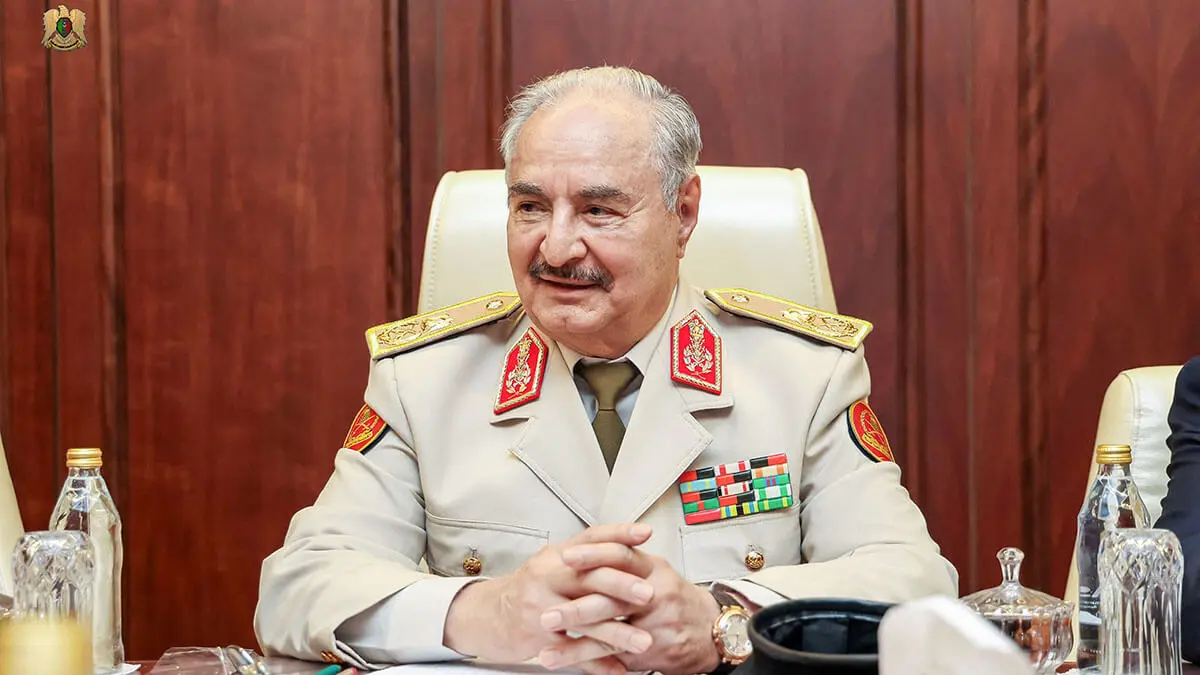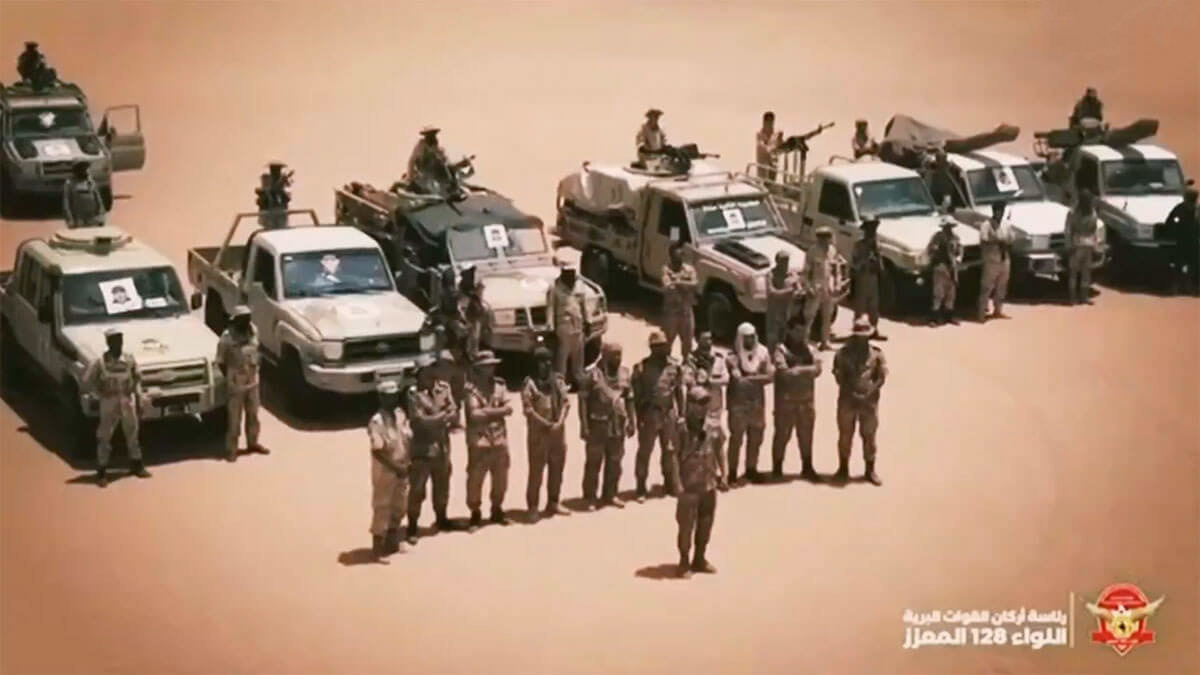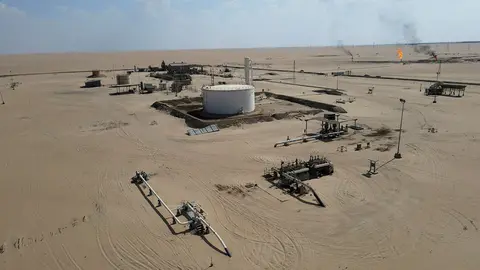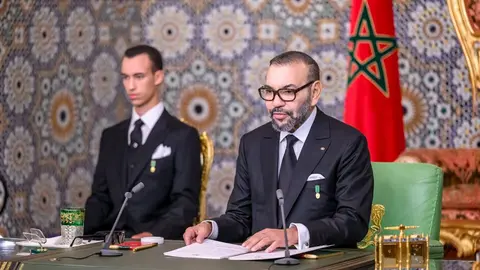Libyan military leader Khalifa Haftar will participate in the African Union summit

General Khairy Al-Tamimi, Secretary General of the General Command of the Libyan National Army, recently received an African Union delegation, headed by Jean Claude Gakosso, Minister of Foreign Affairs of the Republic of the Congo, at the headquarters of the General Command in Benghazi.
During the meeting, Gakosso delivered a message from the President of the Congo, Denis Sassou Nguesso, in which he extended an invitation to Marshal Khalifa Haftar, commander of the Libyan National Army, to attend the next African Union Summit, to be held in Addis Ababa, Ethiopia.
This invitation comes after the official visit of President Sassou Nguesso to Benghazi last December, where he met with Haftar, the appointed Libyan Prime Minister Osama Hamad and Aguila Saleh, president of the Libyan House of Representatives. Haftar, as well as his government that controls the eastern part of the country, has received support from countries such as Egypt, the United Arab Emirates, Russia and Saudi Arabia.
Libya has been in the throes of a deep crisis since the overthrow of dictator Muammar Gaddafi in 2011. Since then, the country has remained divided, with several rival administrations vying for power.
The Libyan economy, heavily dependent on oil, has suffered serious consequences due to the numerous conflicts. The instability has generated fluctuations in oil production and prices, affecting both the global oil market and the country's domestic economy.
In addition, the wars and power struggles have triggered a serious humanitarian crisis in Libya, with thousands of deaths and an even greater number of displaced persons. Furthermore, migrants and refugees using Libya as a transit point to Europe face extremely precarious and dangerous conditions.

Internal divisions have also hampered a political transition. Elections scheduled for December 2021 were delayed due to disagreements over electoral laws and the eligibility of certain candidates, raising concerns about the feasibility of a peaceful transition in the near future.
Despite the ceasefire in force, security remains a critical issue, with sporadic clashes and the presence of mercenaries and foreign fighters in various areas of the country. The unification of the army and the withdrawal of foreign forces are key challenges for the stability of Libya.










